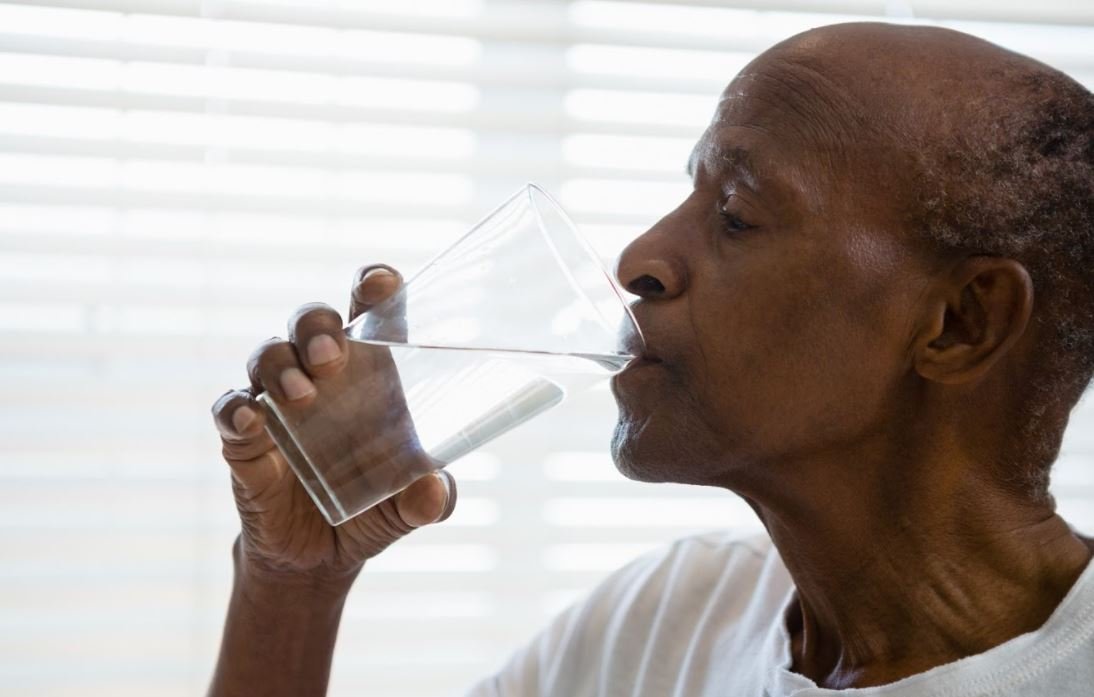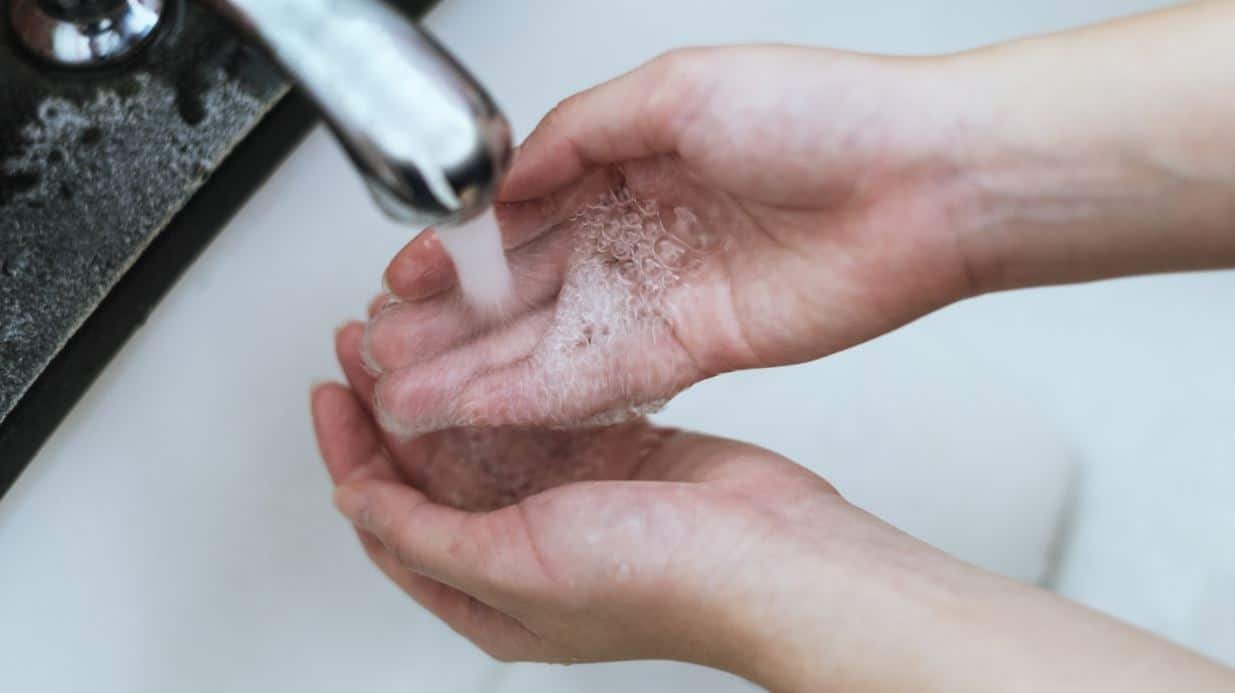Health
7 Tips To Achieve Good Water Quality

Contaminated water has become a menacing issue that’s affecting more and more people today. It’s slowly making its way into major aquifers, resulting in the water there becoming unsafe for human consumption.
Fortunately, there are several ways you can improve water quality for your daily use. But before learning about any specific tips, you should know what makes water safe.
Qualities Of Good Water
Just because the water in front of you is clear, it doesn’t necessarily mean that it’s clean. Some of the characteristics of good water are the following:
- Tasteless
- Odorless
- Rich in minerals
- No chemicals or toxins
- No visible foreign particles
How To Improve The Quality Of Water

-
Maintaining The Plumbing System And Water Storage
You can improve the quality of water by maintaining the means through which you access it. If you live in an old house, it would be safer to replace the pipes as these may contain high levels of lead that has accumulated over the years.
Lead is a toxic metal that’s harmful to human health. It may cause loss of appetite, vomiting, weight loss, abdominal pain, and other symptoms when it gets inside the body. Repairing leaks helps prevent the chances of bacteria and other contaminants from getting into one’s waterways.
Water storage tanks should also be maintained and cleaned regularly. If they’re damaged, one can replace them by purchasing a quality water tank such as those found on this web site.
Aside from that, if you have a septic tank, you should ensure that it’s properly maintained at all times. This can be done by fixing any leaks or damage that may cause it to overflow.
-
Have The Water Quality Inspected
Some parts of the world rely on private firms to supply them with water. Unlike government-owned water companies, some private suppliers don’t follow the proper regulations needed to make water safe for consumption. If someone uses a private supplier, they should take the necessary precautions and have their water inspected before use.
There are experts who specialize in testing water quality. If they identify any contamination, they may recommend the best treatment method to improve the water quality.
-
Manage Stormwater Runoff
Most bodies of water become contaminated or polluted during the rainy season as a result of water runoff. This runoff collects everything in its path—such as chemicals, plants, and plastics—and deposits them in rivers, lakes, and oceans. This kind of water is highly unsafe but can easily find its way into someone’s home, posing a huge health risk.
That can be avoided by controlling and managing water runoff around the home, which can be done by planting trees and covering the soil to prevent erosion. With trees and soil cover, the speed of the water runoff is reduced, and the roots then absorb it.
-
Properly Dispose Of Hazardous Chemicals
Chemicals such as insecticides, engine oil, grease, and prescription drugs can easily get into the water supply. Since most of them are soluble, they may go undetected. To avoid this, you should dispose of such chemicals and similar substances properly.
In some states, there’re laws that govern the disposal of harmful chemicals. Industrial or laboratory water should be treated before disposal to avoid contamination of water.
-
Boil The Water
Boiling is one of the easiest ways to improve the quality of water and make it safe for consumption. When one boils their water, the heat kills the germs and bacteria in the liquid. Unfortunately, boiling large volumes of water for home use may be a challenge.
-
Use A Water Filter
Using a filter will help purify water by removing unwanted particles from it. There are various types of water filtration systems out there, from simple home systems to more intricate ones for commercial use. They serve to improve water quality, making it safe, odorless, and tasteless.
To find the best system, you should research the different types and sizes available and pick the one that best meets your needs. You should go for an option that has a high filtration rate to remove all contaminants and is easy to maintain.
-
Keep The Drains Clear Of Waste
It’s easy for chemicals found at home to be drained through the toilets and sinks. These can come from various sources such as detergents, lotions, soaps, and medications, and they may end up in the water supply system. To avoid that from happening, you can switch to eco-friendly household cleaners and ensure that products with toxic chemicals aren’t drained through the sink or toilet.
Takeaway
Water is part of everyday life. As such, it must be safe and of good quality. Quality water can be achieved by maintaining one’s plumbing system, including the septic tank. There’s also the option of using a filtration system and boiling water to improve its quality. Household and industrial waste should be disposed of following the laws in the state as well.
-

 Entertainment1 month ago
Entertainment1 month ago123Movies Alternatives: 13 Best Streaming Sites in 2026
-

 Entertainment2 months ago
Entertainment2 months ago13 Free FMovies Alternatives to Watch Movies Online in 2026
-

 Entertainment1 month ago
Entertainment1 month ago13 Flixtor Alternatives to Stream Free Movies [2026]
-

 Entertainment1 month ago
Entertainment1 month agoGoMovies is Down? Here are the 11 Best Alternatives






